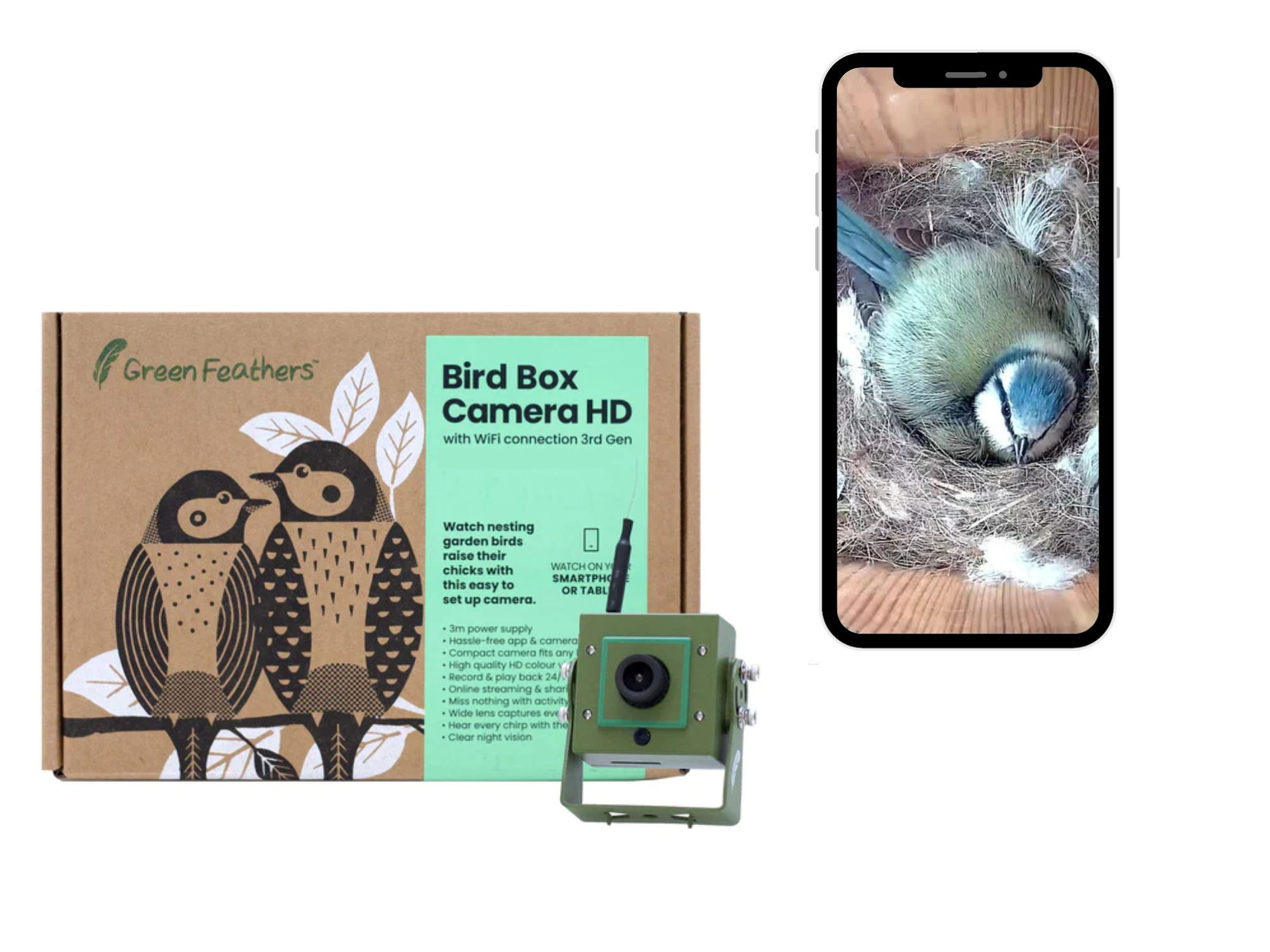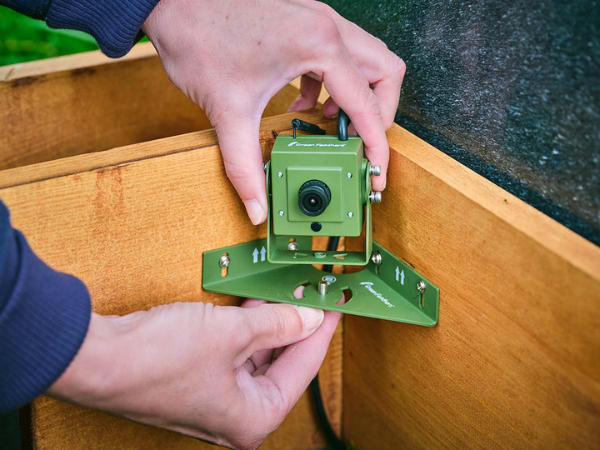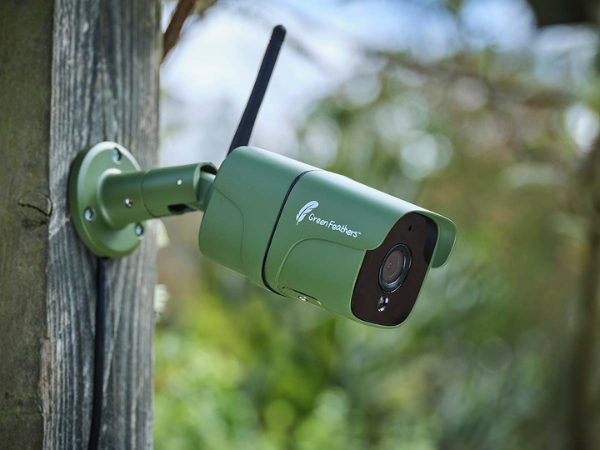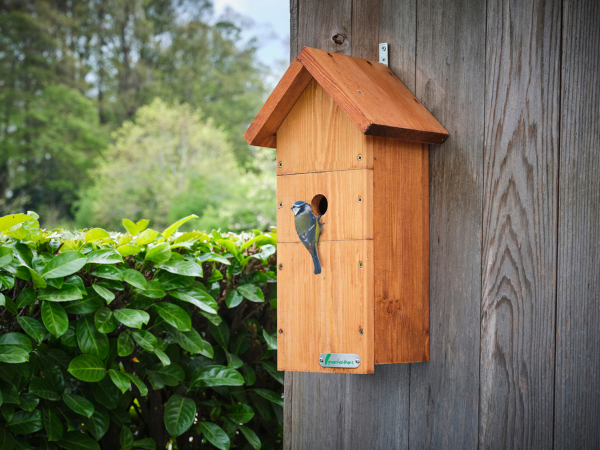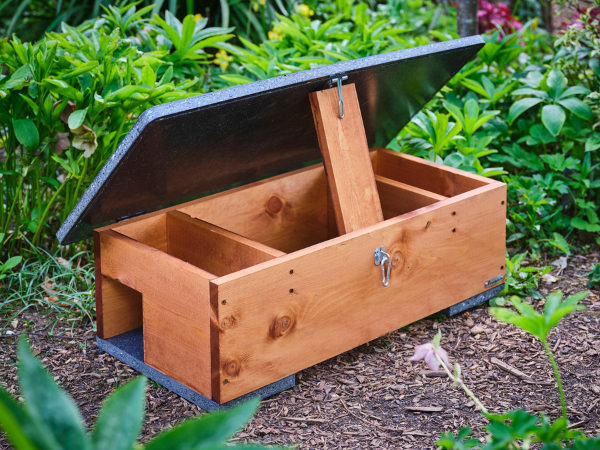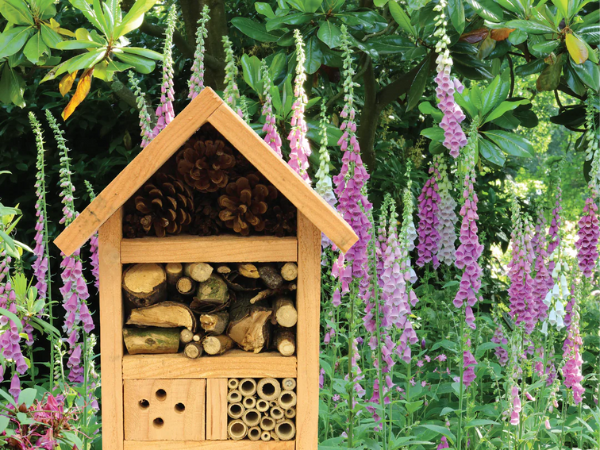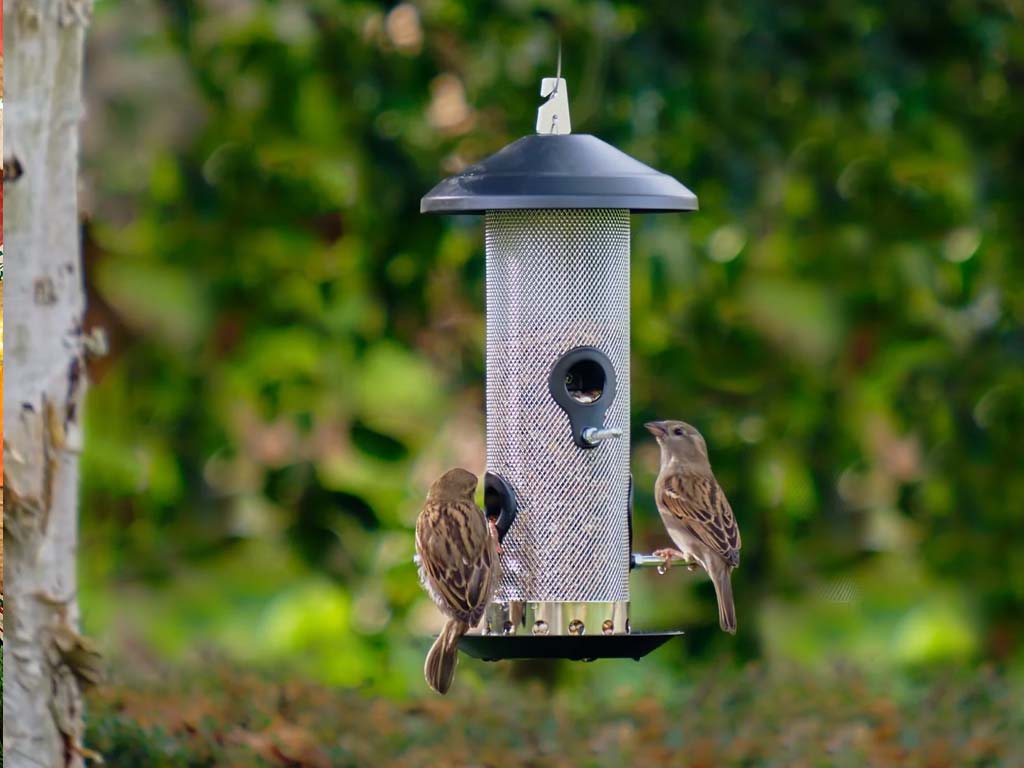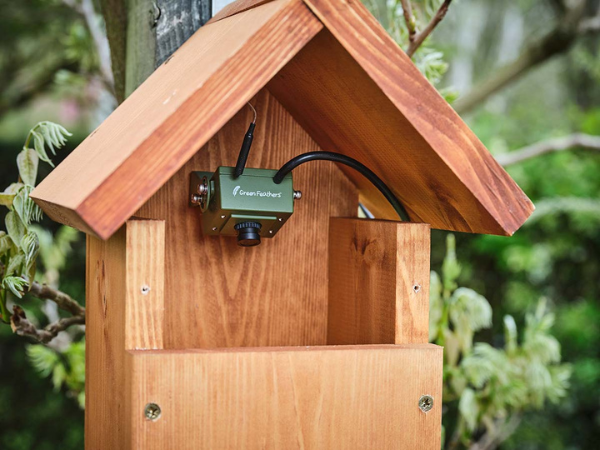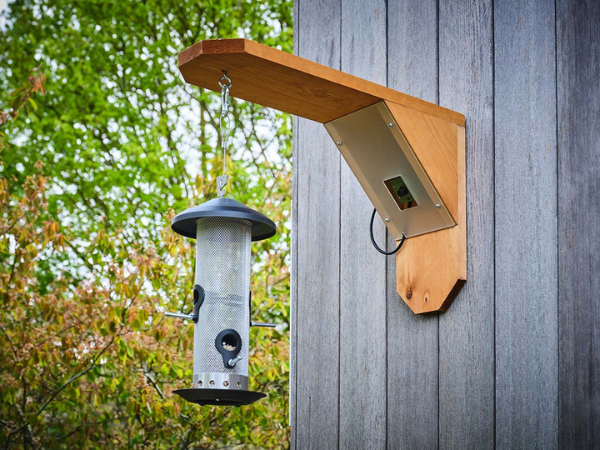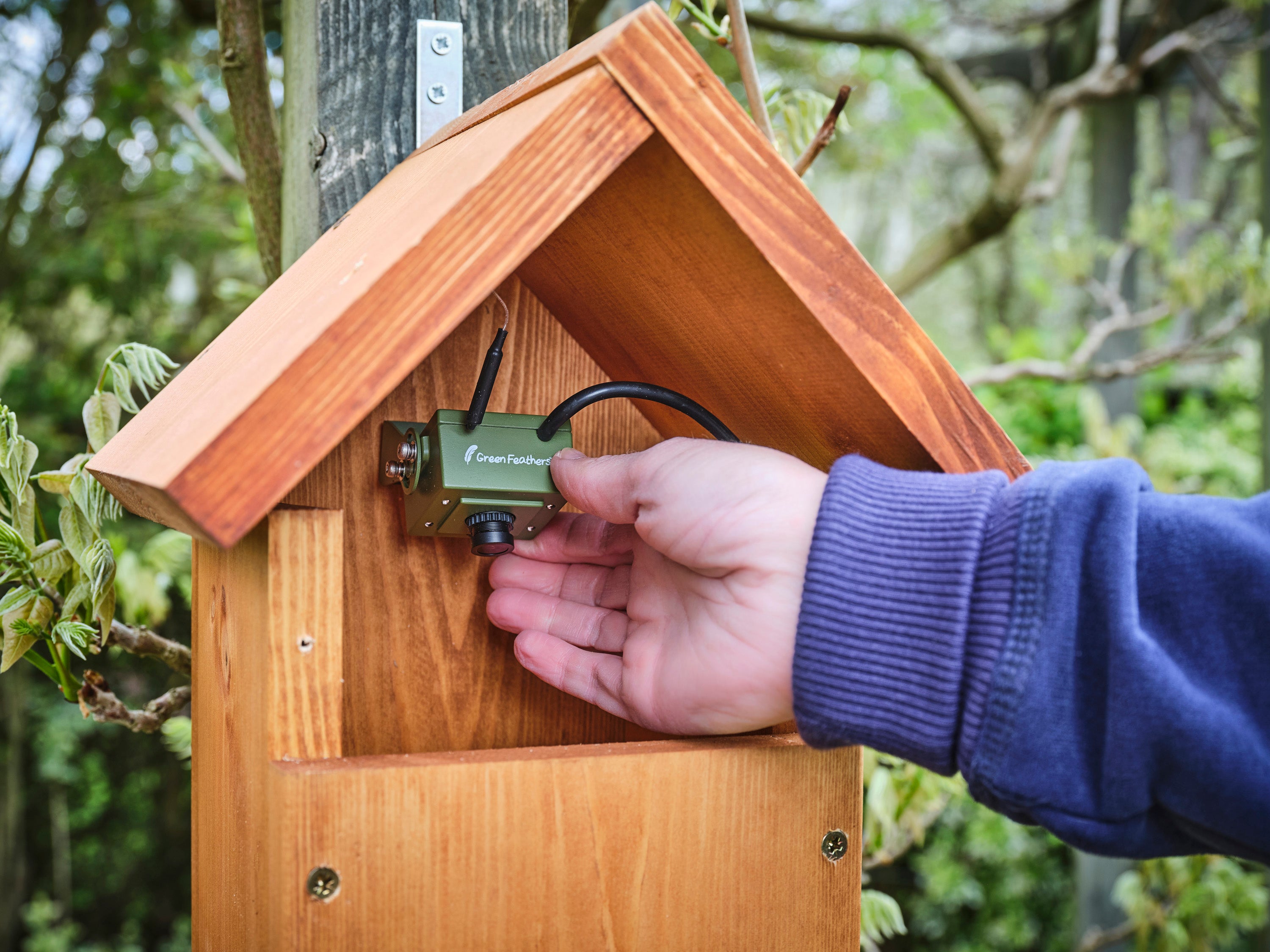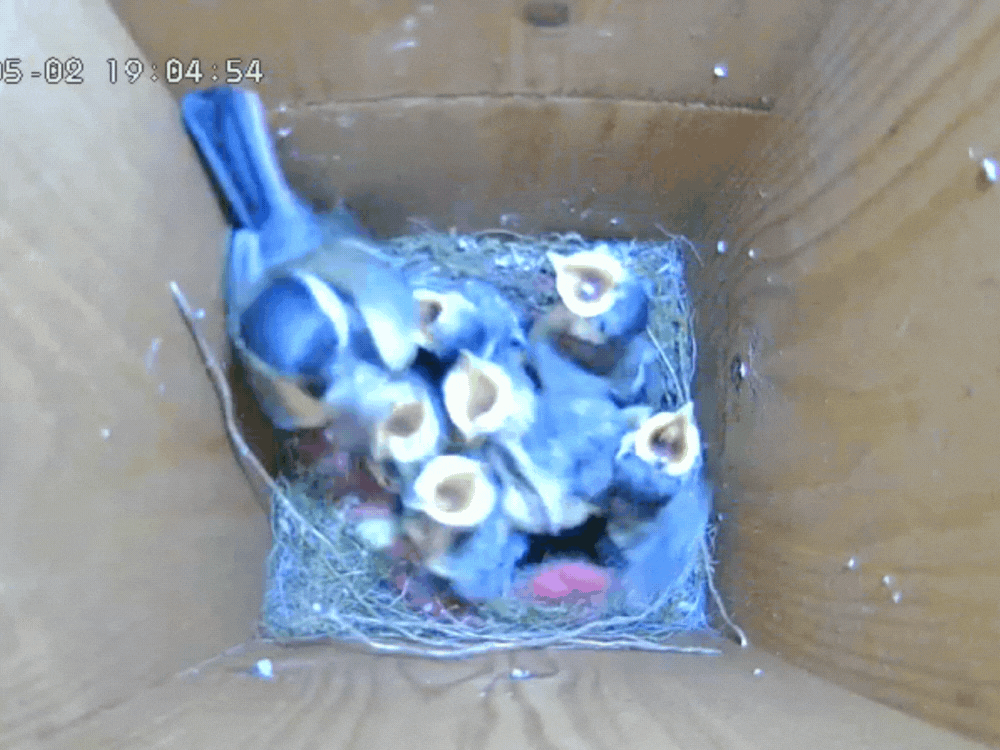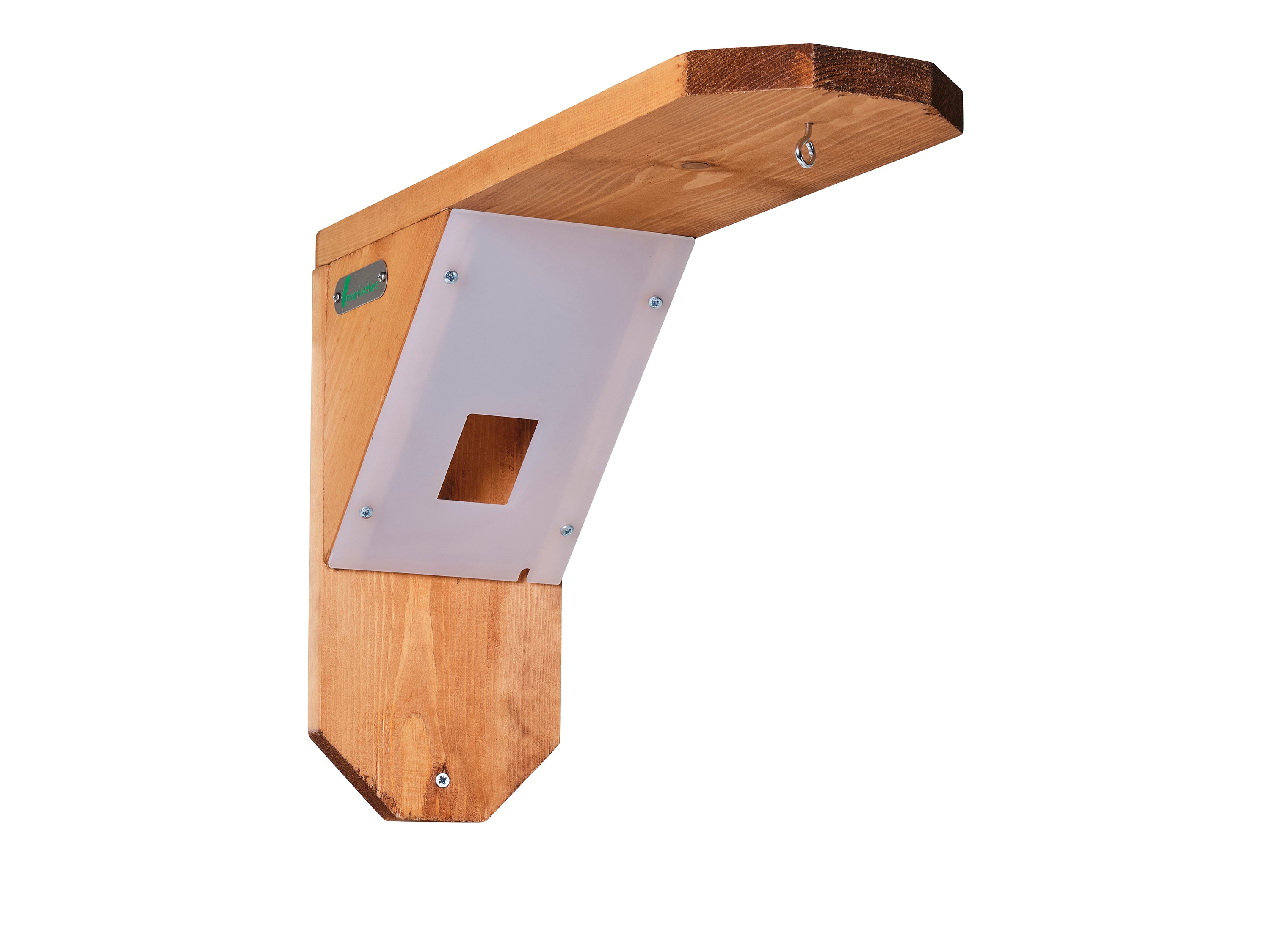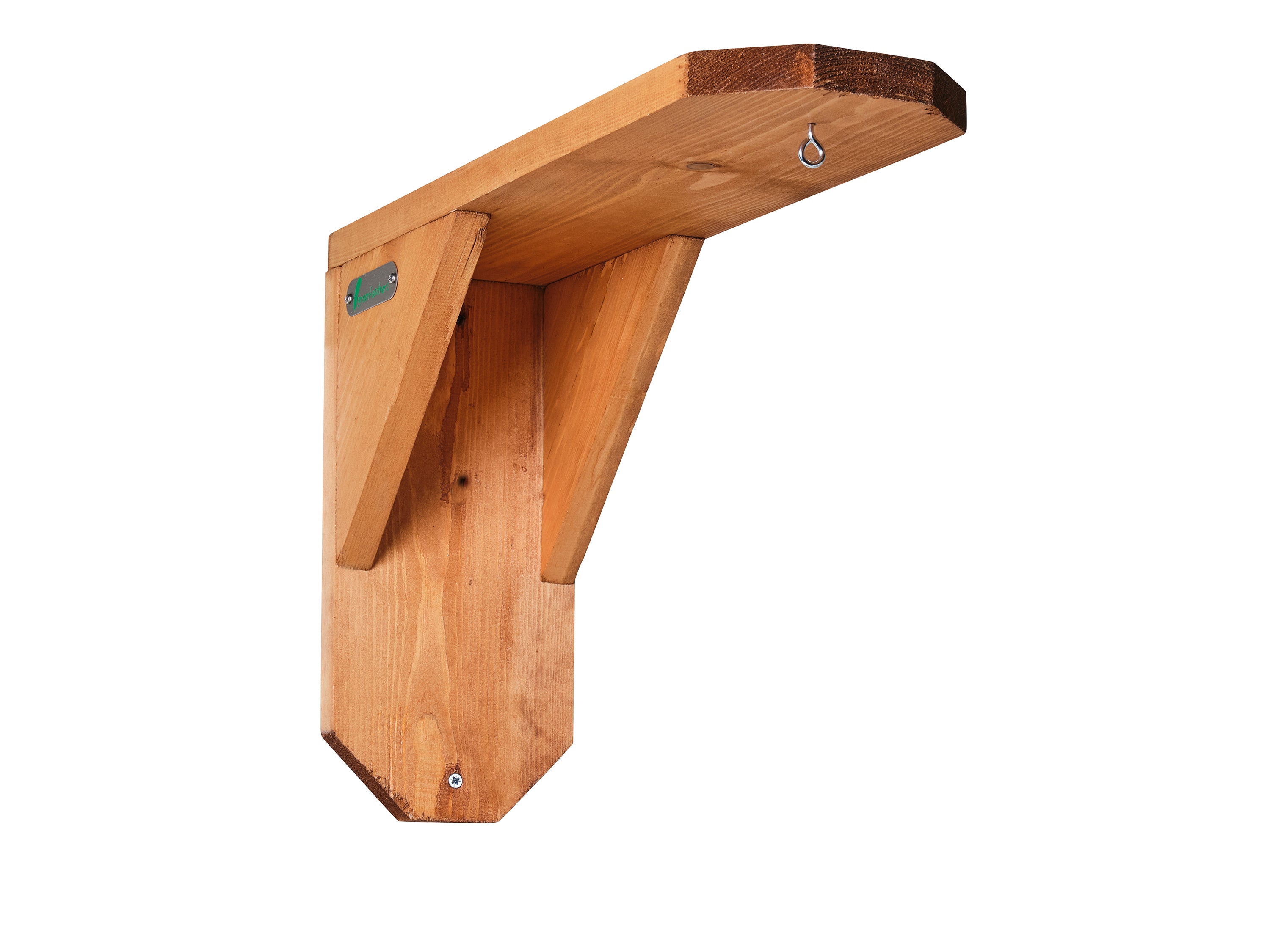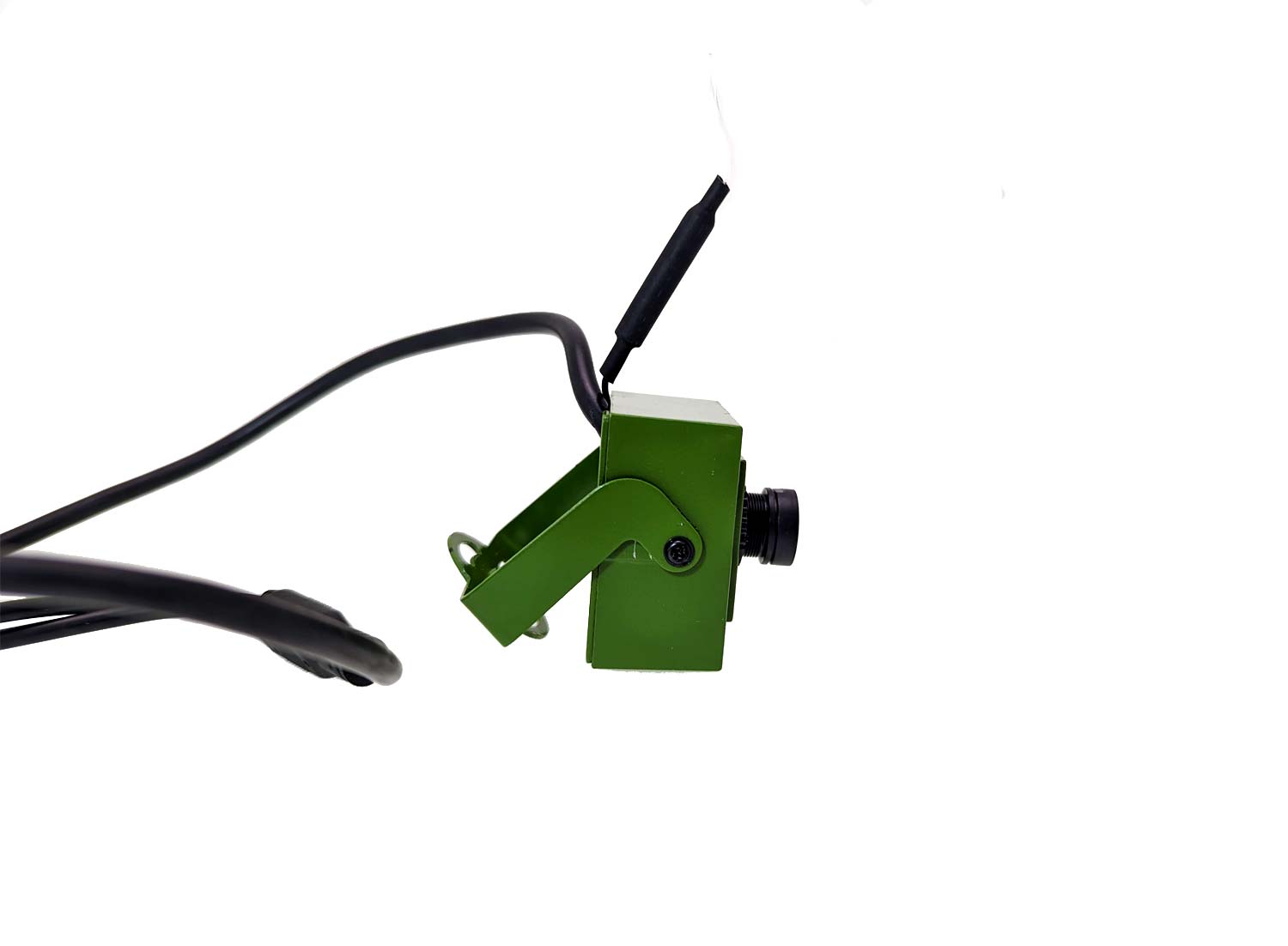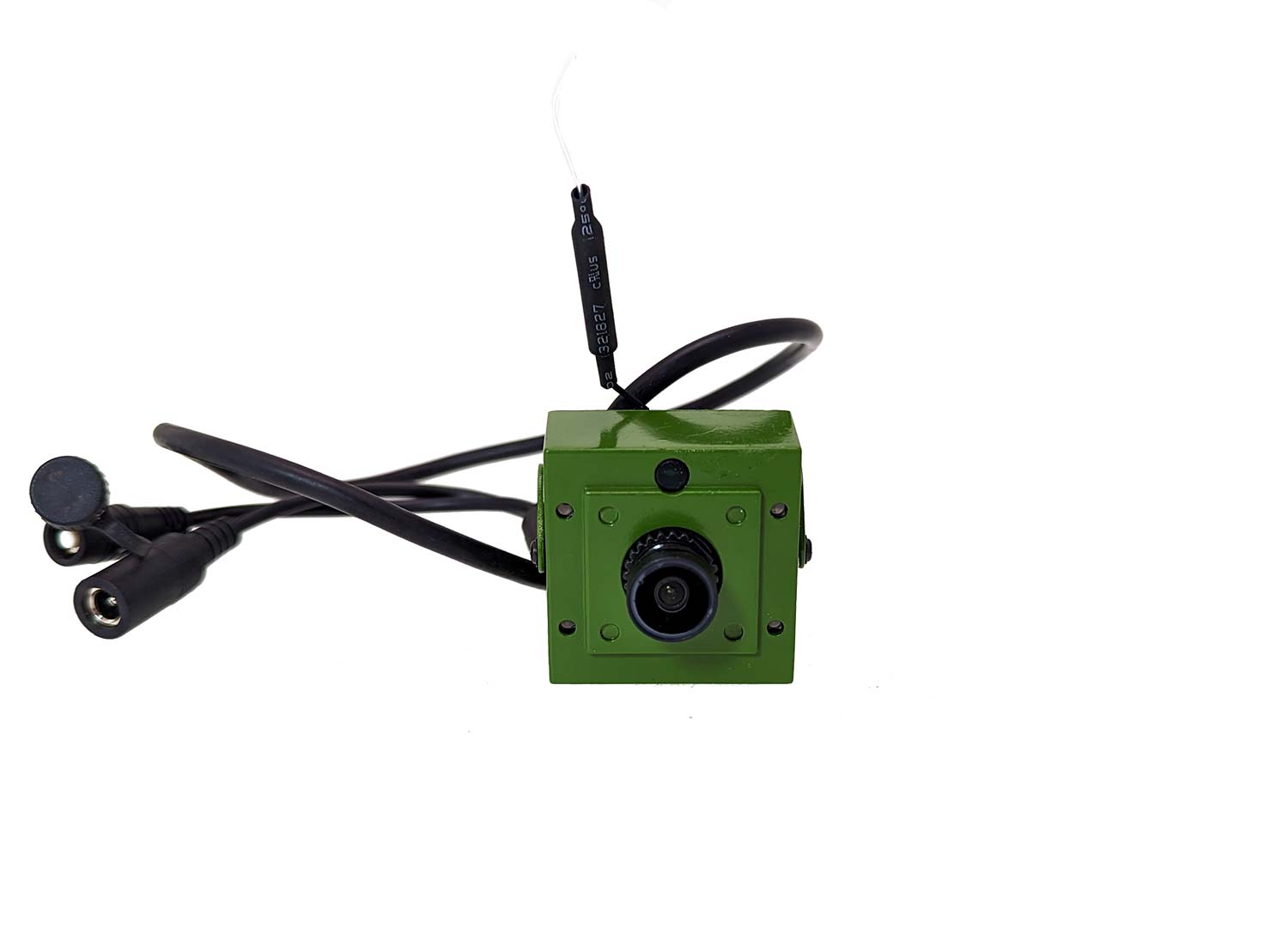If you’ve spent hours planting flower bulbs only to find them mysteriously unearthed the next day, you’re not alone.
Squirrels are notorious for digging up freshly planted bulbs, either because they mistake them for food or are just curious little mischief-makers. But don't worry - there are effective and humane ways to keep your bulbs safe. Let’s dig in (pun intended)!
Why do squirrels dig up bulbs?
Squirrels have excellent senses of smell, and freshly disturbed soil is a big red flag to them that something might be buried.
While they don't actually eat all types of bulbs, they’re especially fond of tulips and crocuses. Others, like daffodils and alliums, are less tasty to them, but that doesn't always stop a curious squirrel from investigating.
1. Choose bulbs they don’t like
One of the easiest deterrents is simply planting bulbs that squirrels dislike. These include:
-
Daffodils
-
Alliums
-
Hyacinths
-
Fritillarias
These bulbs contain compounds that are toxic or unappetising to squirrels. You can still plant your tulips, just mix them with these to make the area less appealing.
2. Use physical barriers
Chicken Wire or Hardware Cloth: Lay a sheet of chicken wire over the planting area and pin it down with landscape staples. You can cover it with a light layer of mulch or soil so it's not visible. This allows the bulbs to grow through the gaps but keeps squirrels from digging.
Cages or Bulb Baskets: If you want to protect individual bulbs, plant them inside wire mesh cages or commercial bulb baskets. These keep bulbs safe underground but allow roots and shoots to grow naturally.
3. Mask the scent
Squirrels often dig where they smell fresh soil or bulb scent. You can confuse their senses with:
-
Crushed red pepper flakes
-
Garlic powder
-
A sprinkle of used coffee grounds
-
Commercial animal repellents
These smell unpleasant to squirrels and can help mask the scent of your bulbs.
4. Mulch strategically
Adding mulch after planting can help disguise the freshly disturbed soil. But be careful—some mulch types, like fluffy straw or leaves, are easy for squirrels to paw through. Use bark chips or heavy mulch to deter them instead.
5. Try squirrel-repellent plants
Squirrels are not fans of certain strong-smelling plants like:
-
Mint
-
Lavender
-
Eucalyptus
-
Marigolds
Planting these around your bulb beds can help keep squirrels away naturally.
6. Use squirrel deterrent sprays or granules
There are several commercially available squirrel deterrents that can be sprayed directly onto the soil or sprinkled around your planting beds.
These usually contain natural ingredients like capsaicin (from hot peppers), garlic oil, or predator scents (like fox urine). Some top-rated options include:
-
Plantskydd Animal Repellent
-
Repels-All by Bonide
-
Critter Ridder by Havahart
These products are often rain-resistant and safe for pets and wildlife when used as directed. Just be sure to reapply after heavy rains or according to the manufacturer’s instructions.
7. Keep them distracted
Some gardeners take the “if you can’t beat them, distract them” approach by setting up a squirrel feeding station far from their garden beds. A separate area with corn, sunflower seeds, or squirrel-safe feeders might lure them away from your bulbs.
8. Timing is everything
Plant your bulbs closer to the time when the soil starts to cool (late fall). Squirrels are less active then, and you reduce the window of opportunity for digging. Planting deeper (as long as it's within the bulb's healthy range) can also help.
Top Tip: Set up a wildlife camera
If you’re still seeing mysterious digging despite your best efforts, it might be worth setting up a wildlife camera in your garden’s trouble spots.
These little gadgets can give you a front-row seat to the squirrel shenanigans, helping you better understand their habits so you can adapt your approach more effectively.
Plus, it’s a bit of fun seeing who’s been visiting your garden when you’re not looking!
Protecting your bulbs from squirrels doesn’t have to be a war. With a few smart strategies, you can outwit those furry diggers and enjoy a full bloom come spring.
Whether you go with physical barriers, scent tricks, or bulb selection, you’ll be one step closer to a squirrel-proof garden.
Also, keep in mind that squirrels aren’t just interested in bulbs - they're known to gnaw on things like garden wires and cables too. If you suspect they’re causing other kinds of damage, be sure to check out our blog post on how to protect cables from squirrels for more helpful advice.
Need more help or tailored tips for your garden? Don’t hesitate to get in touch with our team.

